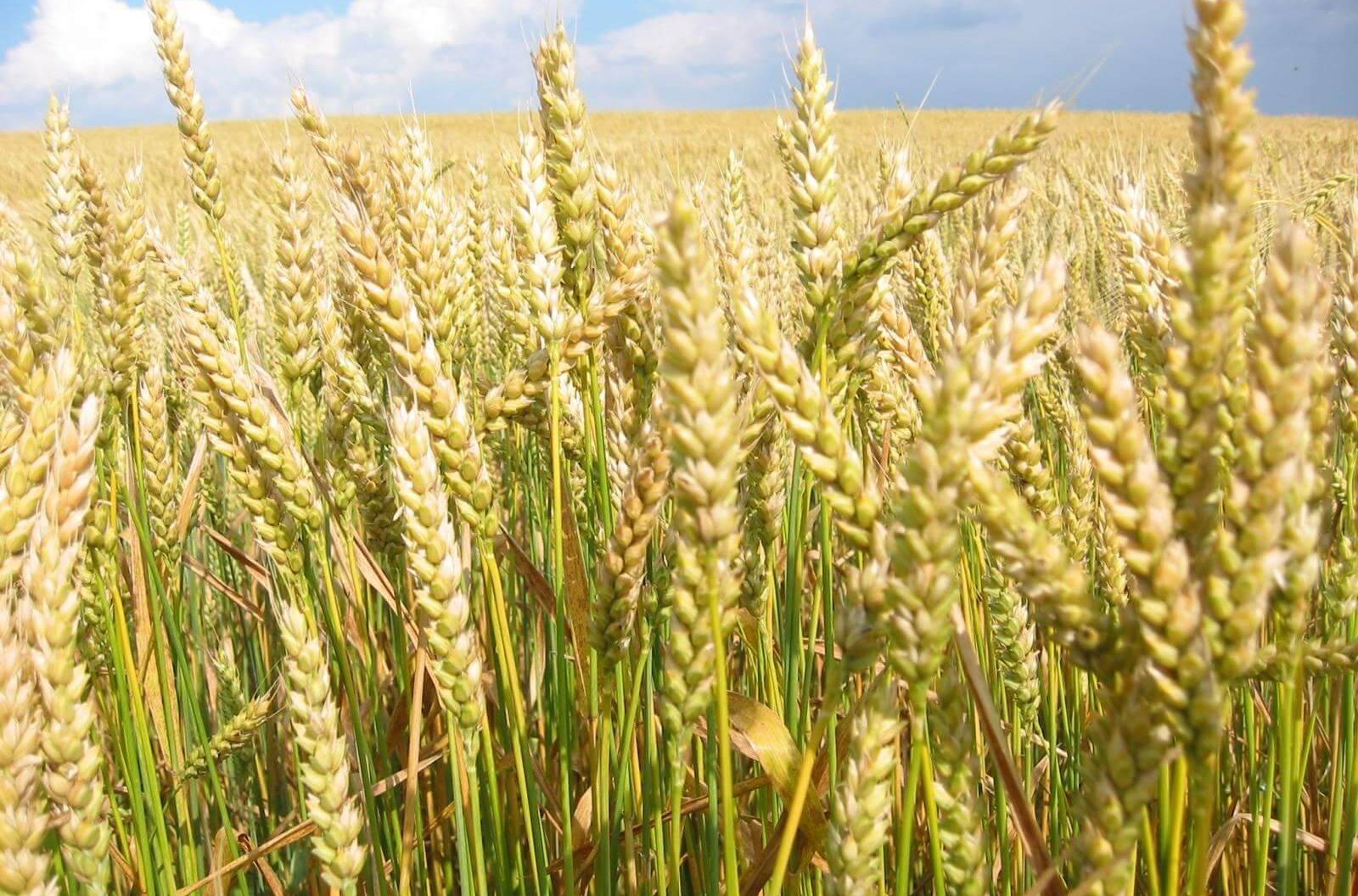Kenya: Israel Eyes Kenya for Wheat Farming After Galana-Kulalu Maize Failure

Kenya has revealed plans to lease large tracts of land to Israeli investors for wheat production, marking a renewed agricultural venture after an earlier Israeli-led maize project at the Galana-Kulalu irrigation scheme failed.
Kenya’s Foreign Affairs Minister, Musalia Mudavadi, announced that Israeli investors would partner with local farmers to increase wheat supply in the domestic market following discussion with Tel Aviv top official.
Mr Mudavadi discussed the initiative with Israeli Agriculture Minister Avi Ditcher, outlining plans to invest in thousands of hectares in Kenya.
“This is a private-private arrangement which will only be guaranteed by the two governments through giving necessary logistics and a conducive environment,” Mudavadi said in a statement.
The move comes four years after Kenya canceled a contract with Israeli firm Green Arava. The firm was initially tasked with developing a model farm on 10,000 acres as a precursor to expanding production on one million acres.
However, Green Arava managed to cultivate only 500 acres before its contract was terminated by the National Irrigation Authority, which labeled the firm a “liability” due to slow implementation and inflated costs.
Despite the previous setbacks, Ditcher expressed optimism about the new wheat initiative, citing the availability of vast arable land in Kenya and Israel’s advanced agricultural technology that minimises water and soil use.
In June 2022, the Kenyan Cabinet, under former President Uhuru Kenyatta, approved a policy to facilitate large-scale commercialisation of public land for agriculture.
The policy aims to create a framework for leasing idle land owned by public institutions for extensive agricultural activities, prioritising irrigation over rain-fed farming.
Kenya plans to lease land held by parastatals, such as Kenya Railways, Kenya Broadcasting Corporation, East African Portland Cement, Kenya Prisons, and the University of Nairobi.
The country is shifting focus from its traditional export crops–tea, coffee, fruits, vegetables, and flowers–to large-scale commercial production of staple food crops like maize, beans, and vegetables, primarily for the local market.
Read also
Jordan purchased 50 thsd tons of barley in tender
Brazil, Argentina ship 7 mil mt of soybeans to China for Feb-April
Iciest baltic in 15 years threatens to cut russian exports
Abbey Commodities – General Partner of BLACK SEA GRAIN.KYIV-2026
Export Logistics Reset 2026: Rail Tariffs, Capacity Pressure and New Trade Reality
Write to us
Our manager will contact you soon



